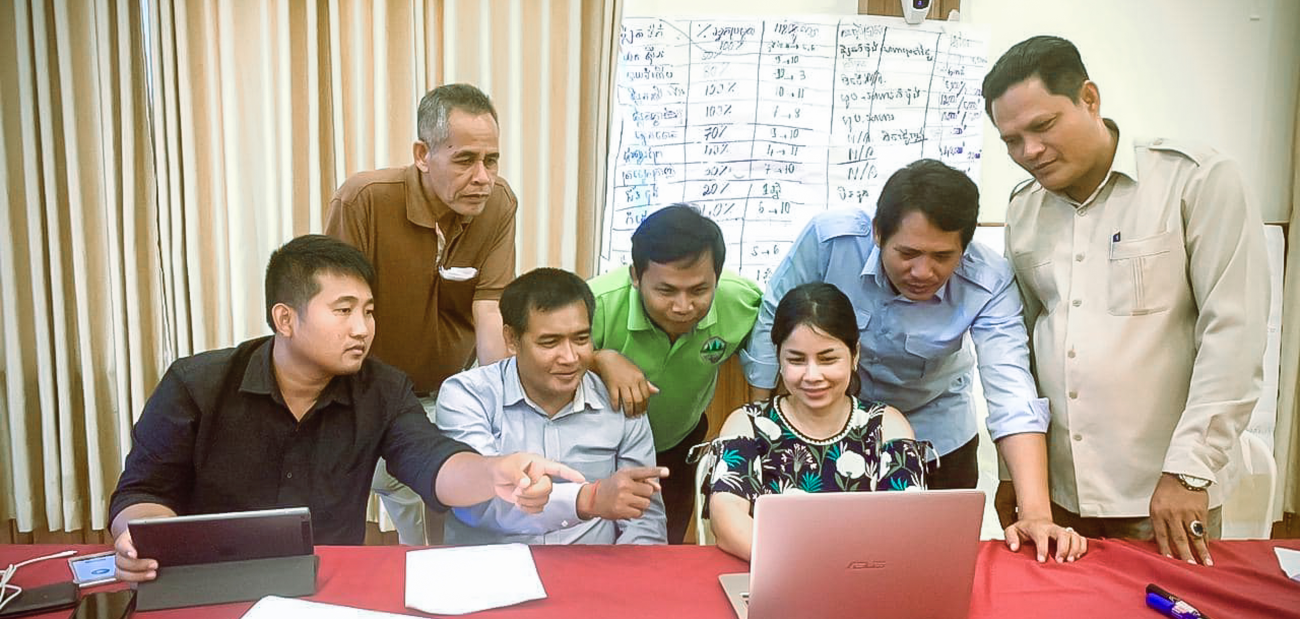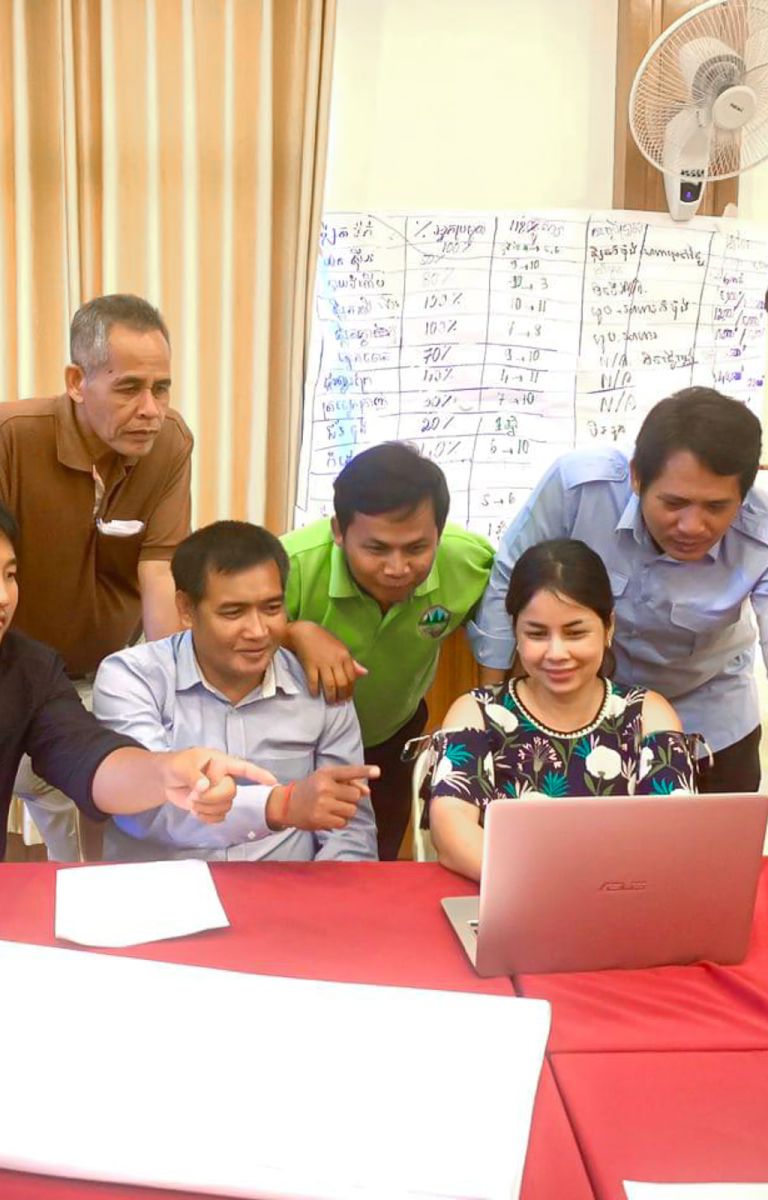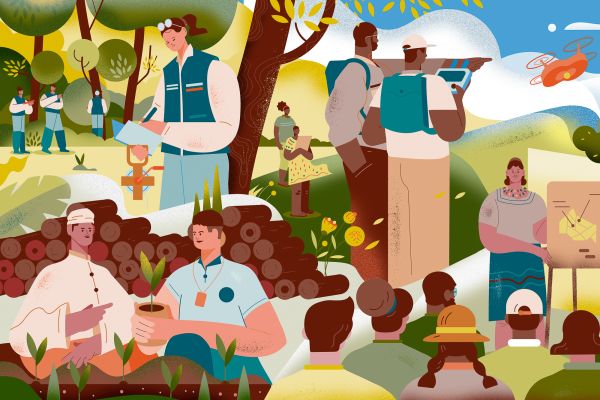

The COVID-19 pandemic turned the world upside down in many ways. With travel disrupted and social distancing a necessity, RECOFTC was able to reach learners through e-learning. RECOFTC launched the Community Forestry 101 course in October 2020. The free course on RECOFTC’s Learning Gateway ran for a second time in June 2021.
Community Forestry 101 introduces community forestry as a pathway to sustainable development and inclusive climate change solutions. It covers what community forestry is, what forms it takes, what makes it successful and what holds it back.

“I had a great time learning with this course,” says Carolyn A. Esmenda, chief of the Conservation and Development Section in the Philippine Department of Environment and Natural Resources. “The readings are accessible and the concepts are easy to understand. The activities and assessments enhance and reinforce the ideas and learnings. I am grateful I took it, and I recommend it.”
Esmenda was one of more than 2,000 people who enrolled in the course. More than half of them were women.
While more than 80 percent of the learners were based in the Asia–Pacific region, they represented a total of 87 countries from around the world.
Satisfied users
The e-course has contributed to progress towards achieving several of the Sustainable Development Goals. It is particularly relevant to Goal 4, which is focused on ensuring inclusive and equitable quality education and promoting lifelong learning opportunities for all. In this respect, the e-course fills a significant gap due to lack of courses on community forests through universities in the Asia–Pacific region. The Department of Environment and Natural Resources in the Philippines in 2021 required its personnel overseeing community forestry to take the course as mandatory learning material.

I look forward to more RECOFTC courses like this one.
Hnin Phyu Sin, Myanmar
When asked to rate their experience with the course, 43 percent of the learners surveyed gave it a score of 4 out of 5, while 48 percent gave it a score of 5. In particular, they appreciated receiving personalized feedback on their work as they progressed through the course.
“It was satisfying to take this online course because I could reflect on my learning progress using a workbook and a guided assignment,” says Hnin Phyu Sin, an MSc student from Myanmar studying environmental risk and human security at the United Nations University in Germany. “I look forward to more RECOFTC courses like this one.”
Interactive approach to learning brings rewards
Qualitative assessments of learners’ assignments require time and resources. But RECOFTC considers it important to approach e-learning this way rather than through more passive models that are less engaging for users.
“One of my most important and exciting tasks was to review learners’ workbooks and offer them feedback,” says RECOFTC’s Marie Noel Ngoddo, who led the team that developed the course. “This provided me with an opportunity to have meaningful interactions with many learners. This one-on-one with participants is a unique opportunity for us to learn together.”
Since launching the course, RECOFTC has continued to innovate, refining the course content based on its monitoring and evaluation and developing an e-learning app for smartphones and tablets.
Although Community Forestry 101 was RECOFTC’s first e-course, it was not the only one for long. In December 2020, RECOFTC teamed up with the Food and Agriculture Organization of the United Nations (FAO) to launch an e-course on land and forest tenure. In addition, RECOFTC launched a third e-learning course in 2021, Policy Analysis and Forest Governance 101.

